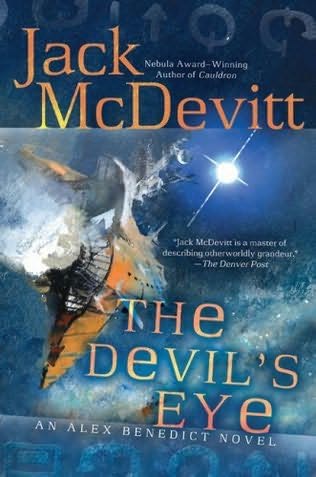- Self-publishing is not the same as traditional publishing.
- Self-publishing does not deserve unearned respect. Why? Because anybody can self-publish, and for free these days. You wouldn't give unnecessary respect to someone who ate a carrot, would you? That's essentially what is being asked of folks like me, that we should respect the process unconditionally, when there is no difficulty in said process. Self-published authors must earn the respect, and that often means through persistence and hard work; even then, there's no guarantee.
- Most self-published novels are crap. That's reality, not just a talking point. You can cite a dozen novels that are exceptions, but that still does not change the fact that the vast majority of self-published novels are not worth the paper they are printed on.
- When I say that they are crap, I am specifically talking about the quality of the writing: typos, grammar, style, etc. One could argue endlessly about the merits of plot or character, but when it comes to the quality of the writing itself, there are few, if any, arguments. Crappy writing is crappy writing.
- Self-publishing is not legitimate. If it were, then you would be able to cite authors who have been successful doing it. But there are basically none. No, Paolini, Scalzi, and the handful of others you could cite do not count primarily because they didn't become successful, bestselling authors due to self-publishing, but due to being picked up by legitimate presses, which put them in bookstores. There are no bestselling self-published authors, only bestselling former self-published authors. If the form were legitimate, said folks would still be doing it, because why would you bother working with a traditional publisher if you could be just as successful by yourself?
- Self-publishing will not be legitimate until such time as a filtering system can be put in to weed out the overwhelming majority of garbage. To expect the consumer to figure this out on their own is not only rude, but unacceptable. The consumer expects a certain level of quality in a published work and self-publishing, unfortunately, has not met that demand and won't until someone can figure out how to make it clear which self-published books are worth spending money on.
- Telling the consumer to read excerpts to figure out if a self-published book is worth buying is essentially asking the consumer to go out of their way for you. The consumer is not your bitch. Their time is equivalent to money, except that they cannot earn it back. This is another reason why self-publishing is not a successful endeavor for the vast majority of would-be authors: because the consumer has no desire to take gambles or waste their time reading excerpts to figure out if a book is worth their hard-earned dollars when they can just hop on over to Borders and find a book printed by a legitimate press that they know will at least be of a certain written quality. The following are the only reasonable demands to make on a consumer:
- To look at the price.
- To look at the cover.
- To read the dust jacket or the back of the book.
- To glance inside to see if the writing is in a tense that the consumer likes to read.
- Self-publishing is not an escape from an evil corporate publishing scheme, because traditional publishing is not an evil corporate publishing scheme. These sorts of untruths are the kinds of things spoken by bitter writers who couldn't hack it, for various reasons. Vanity presses are evil corporate schemes, and any press that asks you, the author, to pay for the honor of being printed is an evil corporate scheme, even if you're paying for something as simple as distribution or an ISBN. The reality is, if traditional publishing were such an evil thing, some of the most successful authors in history would not be published through them. After all, writers like Stephen King should just as easily be able to make a living publishing their own work rather than dealing with a traditional press, right? The problem is that people who are against traditional publishing are either delusional or sucked into a self-publishing trap and perpetuate the lies shoved onto the traditional platform. These people do a disservice to self-publishing as a whole by misrepresenting what it actually entails and by ignoring and even lying about what traditional publishing offers.
- There are some excellent self-published novels. But one great self-published novel does not make up for an overwhelming supply of filth and wasted paper. With tens of thousands of self-published books being thrust on the public, most of them horrendous, you cannot possibly expect the consumer or anyone to wade through to find the good stuff. When I say good, I don't mean excellent or superb, just good, as in entertaining (gets the job done). This is really the only reasonable expectation by the consumer.
- I do not begrudge anyone who self-publishes. I wish them all the success in the world, but that does not mean that I am not going to point out a harsh reality. You should know what you are getting yourself into when you self-publish.
- I will begrudge those who lie and are deceptive about self-publishing. In particular I am thinking about people who create "presses" in order to publish their own work. This gives the consumer the impression that a work is legitimate, but what it actually does is confirm everything I've said here: that self-publishing is not legitimate, that it has a stigma attached to it that is not unreasonable, and that said author is much more willing to manipulate and deceive the consumer rather than let his or her work stand on its own merits.
- Print-on-demand is not a self-publishing model, but a method of printing. It is used by both traditional presses and self-publishing firms. I do not agree with lobbing all POD presses into the same self-publishing bag, because it's not a fair association.
Reality bites, but it doesn't go away no matter how much you don't like it.


















